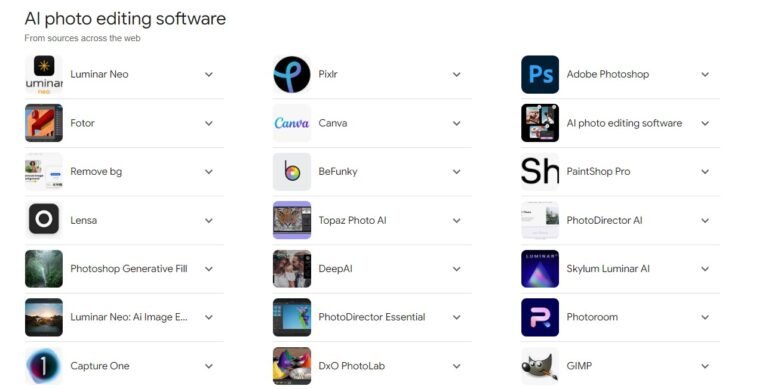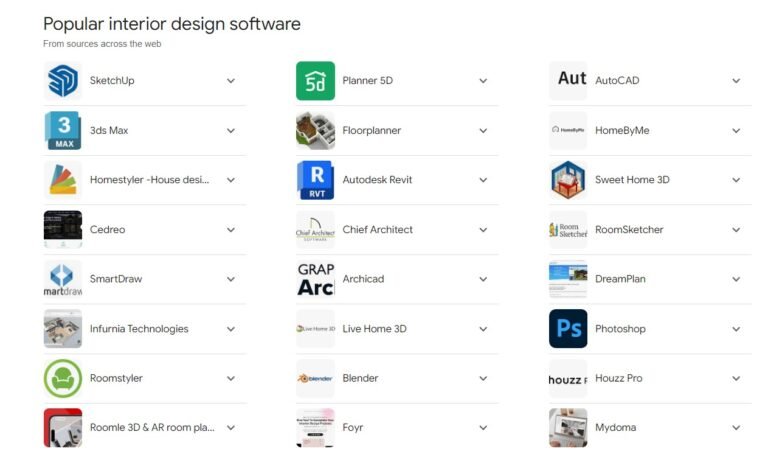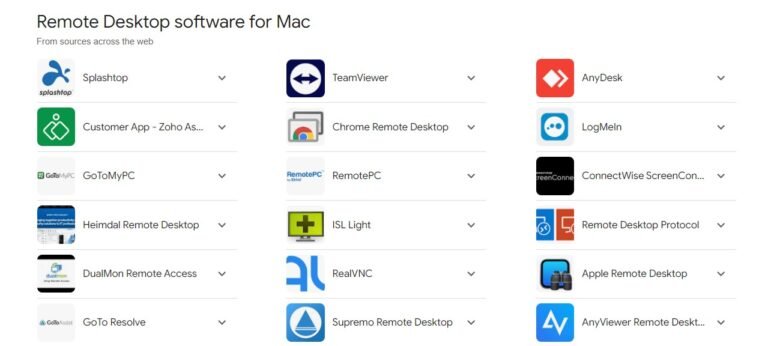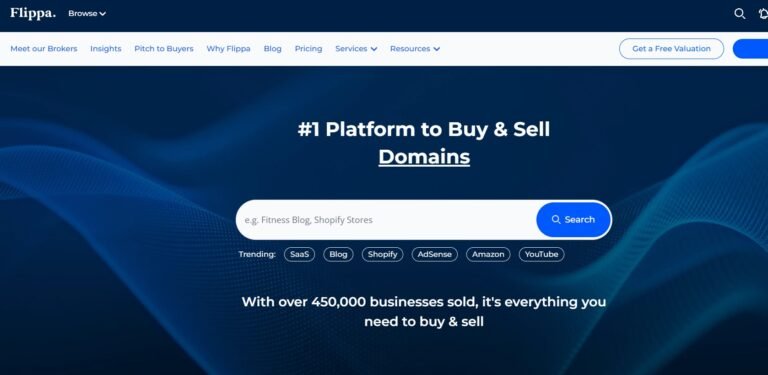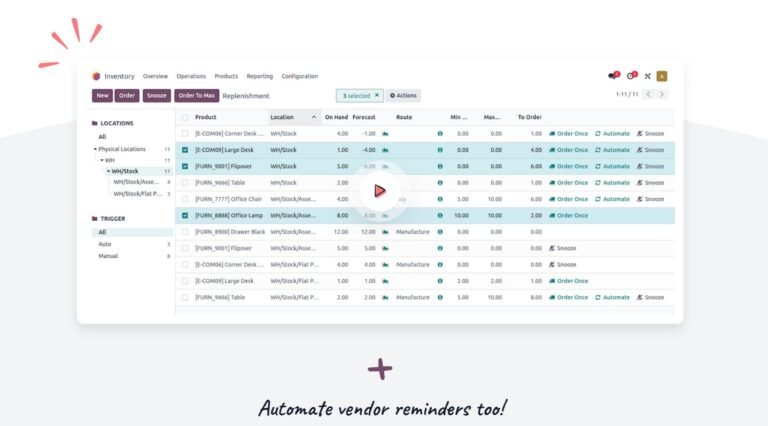Best Crm for Private Equity (Top 6 CRMs Tested & Compared)
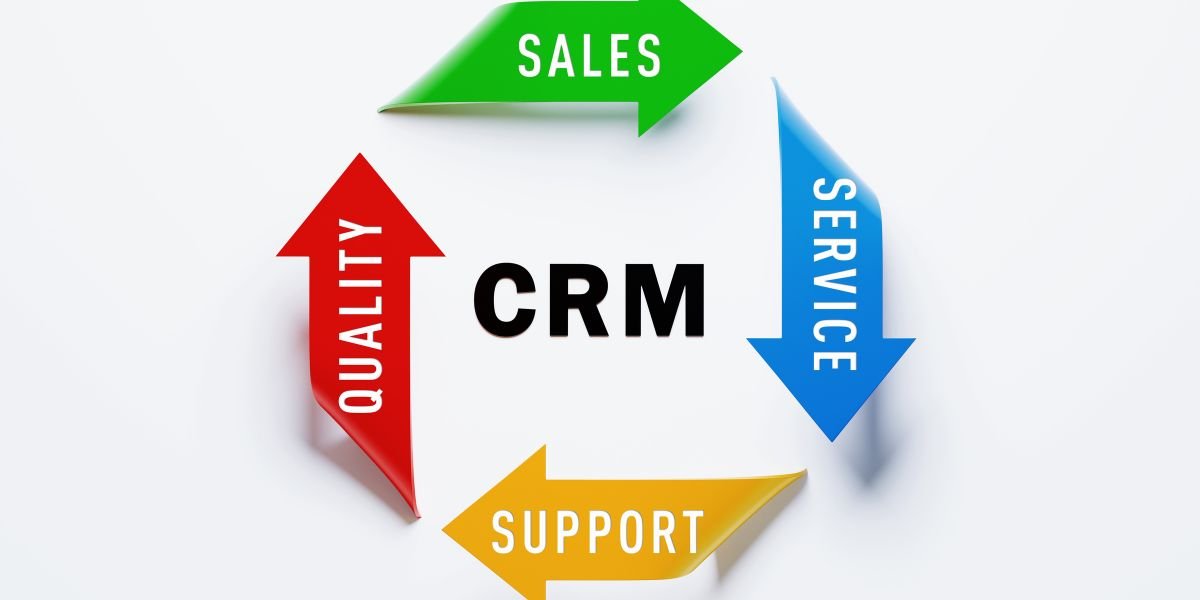
In private equity, a top-notch CRM is essential for managing investor relationships and streamlining processes. Your perfect CRM should offer a 360-degree view of investor preferences, track deal progress, simplify fundraising, and provide a unified portfolio perspective.
Ensure the software integrates smoothly with your existing infrastructure and allows ample customization. There’s no one-size-fits-all solution, as offerings vary in terms of features, scalability, and price. Carefully scrutinize the CRM’s strengths and evaluate its value.
Ultimately, the best CRM for you should strengthen decision-making and deepen investor understanding. Explore further to discover your ideal CRM fit.
We will compare 9 different CRMs and highlight what features investors should look for.
- Salesforce
- Xpedition Private CRM Accelerator
- DealCloud
- 4Degrees
- Clienteer
- Dynamo
- SatuitCRM
- Altvia
- Affinity
What is CRM in private equity?
CRM in private equity begins with recognizing its pivotal role in managing relationships and interactions with both current and potential investors. The inherent CRM benefits align hand-in-glove with the private equity needs, effectively organizing data and tracking deals to optimize investment choices.
A CRM system is an essential tool for you to maintain investor relationships. It’s not just a fancy address book; it’s a comprehensive platform that lets you manage, track, and analyze all interactions with investors. With a CRM, you’re not just recording contact information; you’re building a 360-degree view of your investor’s preferences, needs, and investment history.
In addition to managing investor relationships, CRM also excels in data organization. It streamlines the collection, storage, and analysis of investor data, making it easier for you to make informed decisions. You can quickly identify trends, spot opportunities, and anticipate challenges.
Why Every Investor Needs a Private Equity CRM?
Every savvy investor should leverage a private equity CRM, as it provides a powerful means to streamline crucial processes, enhance decision-making, and deepen investor relationships. It’s your go-to tool for managing complex investor relationships, ensuring you’re always in tune with their needs and expectations.
A private equity CRM goes beyond mere contact management. It offers deal tracking capabilities, enabling you to monitor deal flow, track stages, and manage related tasks efficiently. It keeps you on top of your game, ensuring no potential deal slips through the cracks.
Fundraising efficiency, often a pain point in private equity, is another area where CRM shines. It simplifies the process, helps you strategically target investors, and tracks your fundraising efforts, making it easier to achieve your targets.
In terms of portfolio management, CRM offers a unified view of your investments, providing you the information you need to make informed decisions. It presents your portfolio data in an easy-to-understand format, facilitating better portfolio oversight.
How to choose the best private equity CRM software
When choosing the best private equity CRM software, it’s crucial to consider several key factors to ensure it meets your unique business needs and investment strategy. First off, a features comparison is essential. Scrutinize the functionalities each software offers and align them with your firm’s specific needs.
Next, consider the software’s integration options. It should seamlessly blend with your existing infrastructure, including email clients, calendar systems, and accounting software. This reduces the need for manual data entry and increases operational efficiency.
Customization capabilities can’t be overlooked. You’ll want a CRM that can adapt to your workflows, not the other way around. Look for a software that allows you to modify dashboards, reports, and fields to suit your preference.
User interface design is equally critical. A straightforward, intuitive design enhances user experience, leading to improved productivity and user adoption rates.
evaluate the pricing models. Some CRM providers offer a flat rate, while others have tiered pricing based on the number of users or features.
The 6 Best CRM Systems for Private Equity Firms
Navigating the crowded landscape of CRM solutions, you’ll encounter seven standout systems tailored specifically for private equity firms, each offering a unique blend of features, integrations, and customization capabilities to streamline your operations and boost your investment strategy.
You’ll find a broad range in features comparison, with some CRM platforms excelling in deal tracking, investor relations, and financial modeling, while others shine in document management and compliance functionality. In terms of pricing options, you’ll find both affordable and premium CRM systems, with the price often reflecting the depth of features and the system’s scalability.
When it comes to integration capabilities, consider how well the CRM can integrate with your existing software ecosystem. The best systems provide seamless integration with common tools like Outlook, Excel, and various financial software.
The user interface is another crucial aspect. A system with an intuitive, user-friendly design can drastically cut down on your team’s learning curve.
Best CRM For Private Equity (Which Is The Best CRM For Private Equity?)
Here’s a list of review articles focusing on CRM solutions for private equity firms, covering Salesforce, Xpedition Private CRM Accelerator, DealCloud, 4Degrees, Clienteer, and Dynamo.
1. Salesforce for Private Equity: Comprehensive Review
- Overview: Review the capabilities of Salesforce tailored for private equity firms, including Financial Services Cloud.
- Key Features: Contact and relationship management, deal and pipeline tracking, customizable dashboards, AI and automation.
- Pros: Highly customizable, extensive feature set, strong integration capabilities.
- Cons: Expensive, complex setup and customization.
- Verdict: Ideal for private equity firms seeking a robust, adaptable CRM solution.
2. Xpedition Private CRM Accelerator: A Detailed Review
- Overview: Examine the Xpedition Private CRM Accelerator and its specific features for private equity firms.
- Key Features: Deal management, investor relations, fundraising, and marketing automation.
- Pros: Tailored for private equity, strong integration with Microsoft Dynamics, intuitive interface.
- Cons: Can be pricey, requires training for optimal use.
- Verdict: Best for firms already using Microsoft Dynamics looking for a specialized CRM solution.
3. DealCloud: In-Depth Review for Private Equity Firms
- Overview: Comprehensive review of DealCloud and its applicability to private equity.
- Key Features: Deal tracking, pipeline management, investor relations, data visualization, and reporting.
- Pros: Tailored specifically for private equity, robust data management, highly customizable.
- Cons: Expensive, steep learning curve.
- Verdict: Ideal for firms needing a comprehensive, tailored CRM solution despite the higher cost.
4. 4Degrees: AI-Driven CRM for Private Equity – A Review
- Overview: Evaluate 4Degrees and its AI-driven approach to CRM for private equity.
- Key Features: Automated contact and relationship management, AI-powered data enrichment, pipeline management.
- Pros: AI-driven insights, user-friendly, automation reduces manual data entry.
- Cons: Limited customization, higher cost for advanced features.
- Verdict: Perfect for firms looking for an AI-driven CRM that enhances relationship management and deal tracking.
5. Clienteer: Tailored CRM for Private Equity – Review
- Overview: Review the features and benefits of Clienteer, a CRM designed for private equity and hedge funds.
- Key Features: Investor relationship management, portfolio tracking, performance reporting, compliance management.
- Pros: Tailored for private equity and hedge funds, strong investor relations features, compliance tools.
- Cons: Limited to specific use cases, can be expensive.
- Verdict: Best for firms needing specialized investor relationship management and compliance tools.
6. Dynamo: Comprehensive CRM for Private Equity – A Review
- Overview: Detailed review of Dynamo, focusing on its CRM capabilities for private equity firms.
- Key Features: Deal management, fundraising, investor relations, portfolio management, reporting and analytics.
- Pros: Comprehensive feature set, strong reporting and analytics, tailored for private equity.
- Cons: Higher cost, complex implementation.
- Verdict: Suitable for firms needing a comprehensive CRM solution with strong reporting and portfolio management capabilities.
Frequently Asked Questions
What Is the Cost Range for Top Private Equity CRM Systems?
You’ll find that top private equity CRM systems vary greatly in cost, depending on features, customization options, and implementation process. It’s crucial to conduct a pricing comparison and user experience evaluation before deciding.
Are There CRM Systems Specifically Designed for Small Private Equity Firms?
Yes, there are CRM systems specifically designed for small private equity firms. They’re easy to use, offer customization options, industry compatibility, mobile accessibility, and data analytics, fitting your firm’s unique needs and budget.
How Secure Are These CRM Systems in Protecting Confidential Information?
You’ll find these CRM systems offer robust data encryption and adhere to compliance regulations. They employ cybersecurity measures and data breach prevention tactics, ensuring confidentiality protocols and secure access controls. They prioritize risk assessment and secure communication.
What Kind of Training and Support Is Provided With These CRM Systems?
Most CRM systems provide extensive training resources. You’ll have access to customer service, online tutorials, user guides, and troubleshooting assistance. They’re designed to help you understand and maximize the system’s potential efficiently.
Can These CRM Systems Be Integrated With Other Business Management Software?
Yes, these CRM systems offer integration compatibility. They’re flexible platforms that allow data synchronization and software interoperability. You can customize the system to integrate it with your other business management software.
Conclusion
Choosing the right CRM for your private equity firm can significantly streamline your operations and improve investor relations. It’s crucial to consider factors like ease of use, integration capabilities, and scalability. With a variety of options available, including DealCloud, Salesforce, and Backstop, you’re sure to find a CRM that fits your firm’s unique needs. Ultimately, the best CRM system for you is one that enhances your efficiency and drives your firm’s success.
